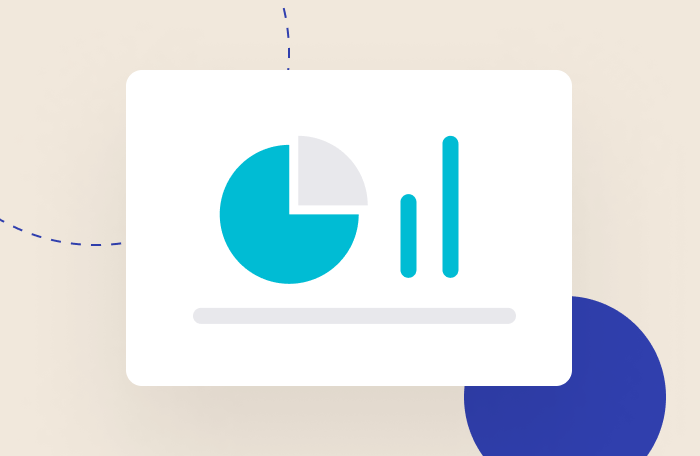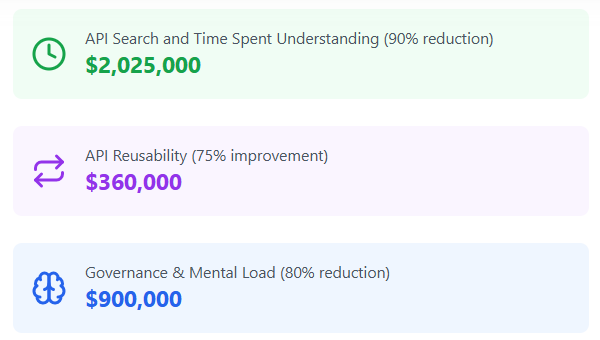Why you need one and what it will deliver for your organization
We believe a key part (and often first step) of your organization’s digital transformation framework is to build and manage a catalog of your digital assets. Why is this so important? With a complete view of your APIs and Services, and where they are being used, you can make educated decisions on what functionality business and IT needs next.
By adding maturity model and business taxonomy alignment with governance and standards baked into the process, your APIs and Services are discoverable and understood by your whole organization – all with the benefit of being reusable. This increases your responsiveness to digital workstreams, while speeding time to market, and expanding access to your portfolio of bundle-ready building blocks. With visibility also comes the ability to report to executives a clear view of what your portfolio contains, who is using it, what are the gaps, and where are the opportunities to quickly deliver new functionality (represented by APIs and Services).
While there’s a few approaches organizations are taking, such as bringing in a cataloging solution, building a homegrown one, or perhaps just managing in spreadsheets, our recommendation is to take a holistic and abstracted approach to representation (while also supporting lifecycle and integrating with CI/CD pipelines) which you’ll be able to learn more on in this white paper.
In this whitepaper you’ll learn:
- What we really mean by a Holistic and Abstracted API and Service Catalog
- Alternatives to a Holistic Catalog and what you may be missing out on
- Step by steps on how to build one, and the benefits you’ll realize from it
- Plus, a functionality checklist so you can see how mature your own organization’s catalog is


